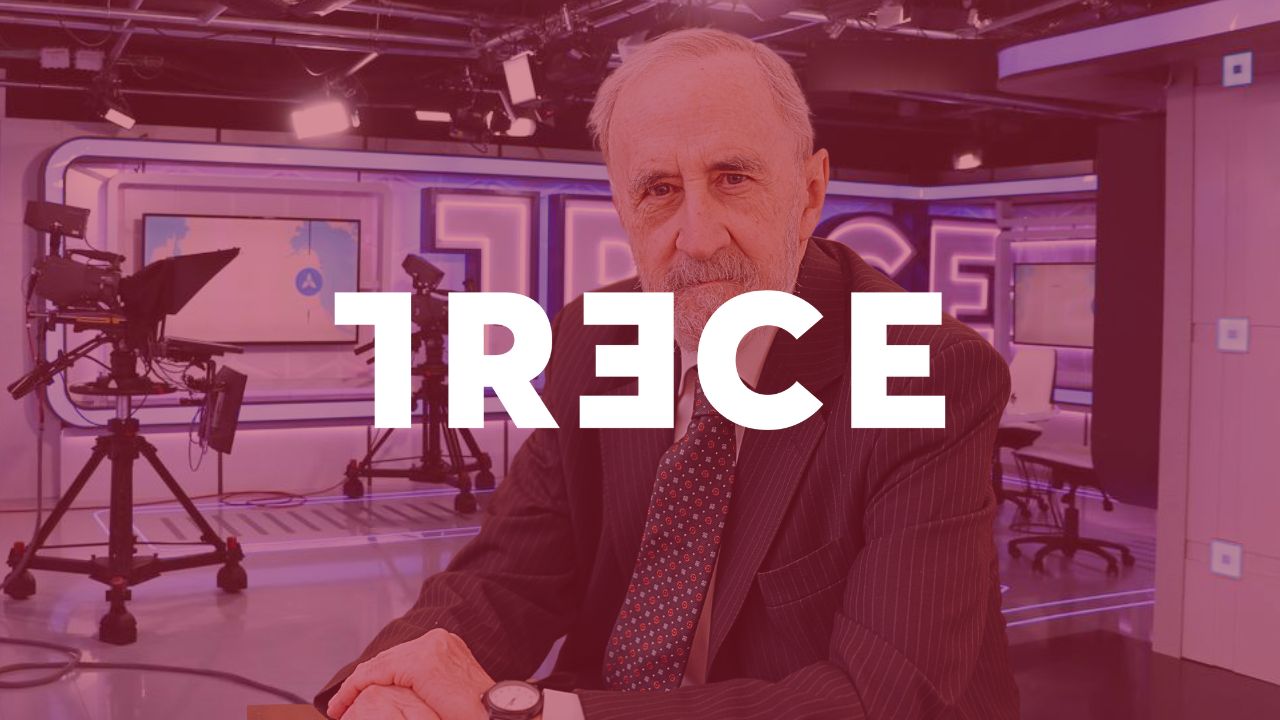Surveys show that the trade agreement between the European Union and the United States has a strong consensus among the vast majority of European citizens. However, the debate on the Transatlantic Trade and Investment Partnership (TTIP) has been hijacked by a number of groups that support protectionism and oppose globalization. There are many questionable statements against the TTIP from those groups, but there is also a paradox, which consists of the fact that the EU budget favour many of these organisations.
The EU institutions fund social organisations since the mid-90s, so we cannot speak of a trend in place since the inception of the European project. And critical voices argue that the funds do not reflect the priorities of EU citizens, as it is the case of the TTIP.
According to the EU Financial Transparency System, member organisations of the Alliance STOP TTIP have received more than 106 million euros from public funds since 2007. In some instances, European taxpayers’ money has amounted to over 50 percent of such network. In a context of budgetary austerity and emergency because of the migrant crisis, it makes little sense to put such vast amounts of resources in support of lobbies which act against the political agenda of the EU institutions. It would be wise to develop a new approach to save resources and provide these funds with more transparency.
545 euros of profit per family
In June of 2013, EU member states gave the European Commission a mandate to negotiate a free trade agreement with the United States. Tariffs between the EU and the US are already low, so that the main goal of the TTIP was to address the barriers that still pose an obstacle to trade in both sides of the Atlantic Ocean. At the same time, the TTIP is expected to set the rules for a progressive liberalization of trade with other countries and blocs of countries.
Most published studies point out that the impact of the TTIP will be very positive. The EU is estimated to make 119,000 million euros, which will be translated into a betterment in the purchasing power of each EU citizen of 545 euros for a household of four members (CEPR, 2013). Estimations vary depending on the degree of liberalization that the negotiation will bring about and, moreover, it is not easy to quantify the dynamic effect of trade liberalization insofar as it pushes the growth of opportunities for entrepreneurship.
False controversies
Despite the generalized consensus around the economic benefits of the TTIP, the lobbies that have coordinated the campaign against it have brought to the public debate their claim of how damaging the TTIP is for a number of health, labour and environmental EU laws, as it tries to be compatible with US regulation (Hillary, 2014). The EU Commission has already clarify these questions in several press releases (Malmström, 2015). According to the EU commissioner for trade, the Swede Cecilia Malmström, the EU peculiarities would be reinforced if the TTIP is signed. Cooperation with the US allows a better negotiated implementation of a coherent policy against climate change and an improvement of labour conditions globally. At the same time, critics argue that the investment protection clause limits the capacity of governments to regulate the economy. This claim was refuted in 2014 in an EPICENTER report that addresses disputes between the public and private sector (EPICENTER, 2014).
Most EU citizens support the TTIP
According to various Eurobarometer surveys, the EU-US trade agreement is supported by most EU citizens. The latest survey that examined this issue showed a 53 percent support for this initiative, 32 percent rejected it and 12 percent were undecided. That is, 24 out of 28 EU member states support the TTIP overwhelmingly. That is particularly the case of some of the countries that have been hit the hardest by the crisis, such as Greece, Spain and Portugal, where the support is of 64, 63 and 60 percent, respectively. Only Germany and Austria show a majoritarian rejection to the agreement.
It is remarkable how in the midst of the anti-capitalist populist surge in both sides of the Atlantic, there is still a small resistance to a free-trade agreement. Nevertheless, as mentioned above, the public debate on this issue is still dominated by critical voices.
On public funding of NGOs
Since the mid-90s, the European Commission has been involved in funding NGOs. It is often argued that this allows the EU institutions to «build bridges», «get closer to the vision of civil society» or «promote European integration and its principles». It is also said that NGOs need Brussels’ support to counter the weight of the private sector in the development of the EU political agenda.
This perspective in the promotion of the so-called third sector has been strongly criticized. Christopher Snowdon questions the supposition by which NGOs would have problems to exist without public help and mentions Greenpeace as an example of a lobby that survives without public funds. Moreover, he points out that those organisations that operate solely on public funds should not exist, as it speaks of the lack of support to the agenda of such organisations (Snowdon, 2013). Similarly, other studies have pointed out that funds from the European Commission are granted in an unfair manner. Out of the 2,000 organisations listed in Brussels, less than 15 percent get 75 percent of the funds (Mackonis & Silenas, 2013).
107 million euros to the member organisations of STOP TTIP Alliance
A high number of organisations fighting the TTIP belong to the STOP TTIP Alliance. This network includes organisations from various EU member states, with Germany as the most represented country. Evidently, it is logical that any public affairs encompass some degree of debate in civil society. However, it is remarking how many of these organisations have received important amounts of money from the EU.
How much money do EU taxpayers’ money are these organisations getting? According to the European Commission’s Financial Transparency System, 73 of the partner organisations involved in this campaign have received EU funds since 2007. Although calculating the exact amount of money is fairly complex (given the fact that some payments were made jointly to more than one organisations), it is estimated to have costed roughly 100 million euros to EU taxpayers.
Out of the 73 organisations that received funds, 23 of them got more than one million euros. An interesting case is that of the British organisation War on Want, which received 1.5 million euros in 2007, 2012 and 2014. A greater amount of money was granted to CEE Bankwatch Network, an umbrella organisation devoted to environmental affairs, which received 5 million euros from Brussels. In fact, 70 percent of its revenue comes from EU funds.
In Spain, we find organisations such as Comisiones Obreras (second largest trade union in Spain), whose Catalan federation received 350,528 euros and its federation of citizen services got 241,264 euros. Similarly, the Basque federation of the Unión General de Trabajadores (largest trade union in Spain) is listed as recipient of 286,088 euros. The Basque trade union ELA and the NGOs Amigos de la Tierra and Mugarik Gabe have also been recipients.
It is worrisome that the EU has granted more than 100 million euros to organisations that directly advocate for policies contrary to the trade opening (TTIP) that has been a top priority for so long. In fact, this sort of distortion makes the public debate all the more complex, insofar as it gives a substantial head start to organisations that do not uphold the majoritarian posture of EU citizens.
A new approach
Reaching a new agreement with the US is one of the top ten priorities of the European Commission. The TTIP has the support of all the member states’ governments and also that of the overwhelming majority of EU citizens. Therefore, the public funding of critical NGOs should stop. To change this policy would contribute to saving taxpayers’ money and also to redefining the EU funding system. If, on the contrary, the public funding of NGOs must carry on, we at least propose a number of measures to be taken into consideration: (i) NGOs that receive public funds must be compelled to make the amount of money the get public at the end of the fiscal year. Besides, they must communicate the amount of their budget that comes from public funds. This information must be made public and easily accessed by EU citizens. (ii) NGOs that campaign about issues that depend on the EU cannot receive more than 50 percent of their funding from the same institutions they try to influence. (iii) NGOs that receive more than 25 percent of their their annual budget from the EU cannot lobby those responsible for EU public policies in the two years following the grant. (iv) The Budget Control Commission of the EU Parliament must provide an annual report on the size and reach of EU grants given to civil society, specifying the organisations, campaigns and activities that were financed with EU funds.
References
EPICENTER (2014). “Investor-state dispute settlement: myths and reality.”
http://www.epicenternetwork.eu/briefings/investor-state-disputesettlement-myths-and-reality/
EPICENTER (2015). “Response: European Commission report on investment
protection in TTIP.” http://www.epicenternetwork.eu/briefings/responseeuropean-commission-report-on-investment-protection-in-ttip/
European Commission (2015). “Public opinion in the European Union.” Eurobarometer 84. Autumn 2015.
http://ec.europa.eu/COMMFrontOffice/PublicOpinion/index.cfm/ResultDoc/download/DocumentKy/70150
Hilary, John (2014). “The Transatlantic Trade and Investment Partnership: a
charter for deregulation, an attack on jobs, an end to democracy.” Brussels.
Rosa Luxemburg Foundation.
http://rosalux.gr/sites/default/files/publications/ttip_web.pdf
Mackonis, Adolfas, and Zilvinas Silenas (2013). “Helping themselves: six ways to reform EU funding of NGOs.” Brussels: New Direction.
http://europeanreform.org/index.php/site/publications-article/helpingthemselves-six-ways-to-reform-eu-funding-of-ngos
Malmström, Cecilia (2015). “TTIP- what’s in it for labour, environment and
sustainable development”. European Commission, November 2015.
https://ec.europa.eu/commission/2014-2019/malmstrom/blog/ttip-whats-itlabour-environment-and-sustainable-development_en
European Commission. Financial Transparency System
http://www.ec.europa.eu/budget/fts
Snowdon, Christopher (2013). “Euro puppets: the European Commission’s
remaking of civil society.” IEA Discussion Paper No. 45. Londres: Institute of Economic Affairs. http://www.iea.org.uk/publications/research/europuppets-the-european-commission%E2%80%99s-remaking-of-civil-society
Zuluaga, Diego (2015). “For a fair, transparent and effective ISDS in TTIP.” EurActiv, 16 January 2015. https://www.euractiv.com/section/tradesociety/opinion/for-a-fair-transparent-and-effective-isds-in-ttip/






